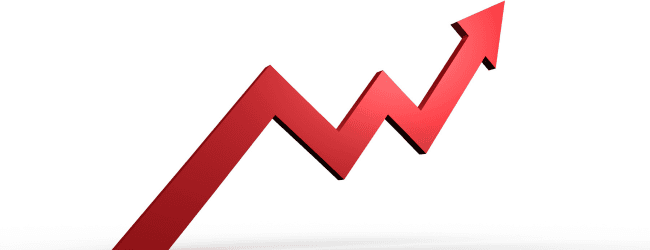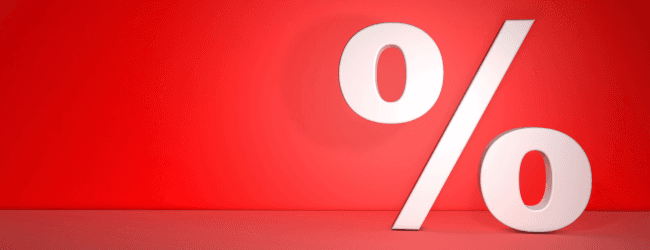
- 9 May 2022
Variable or Fixed Interest Rates: Which is Better for Your Home Loan?
One of the biggest questions that investors have when applying for a new home loan is: should I choose variable or fixed interest rates? It’s an important decision that will impact your ability to pay off the loan in the future. Both options have their pros and cons, and should be considered carefully before locking in your decision.
Instead of listening to advice from friends and family members, investors should consult a professional broker like those at Property Club. Brokers will work with you to discover which option is best for your budget, while helping you negotiate with your chosen lender.
Let’s take a look at both variable and fixed interest rates, so you can start to form an opinion on which is better for you.
Variable Interest Rates: The Pros and Cons A variable home loan provides investors with more flexibility in paying off their loan, with the risk of the interest rate fluctuating throughout the period of repayment.
This risk should be at the front of everyone’s mind, as the Reserve Bank of Australia has recently increased the cash rate target from 0.1% to 0.35%. As a result, investors on a variable home loan will see their interest rates rise.
With that said, there are benefits to choosing a variable home loan. These include:
- The flexibility of additional payments with no penalties for early payout
- Comes with features that can adjust to your current financial situation
- May come with an offset account that could help reduce the amount of interest you have to pay
Fixed Interest Rates: The Pros and Cons Home loans with fixed interest rates provide investors with a steady, consistent payment plan that won’t alter with changing interest rates. This makes them easier to budget for, as long as you are confident that you’ll have the necessary funds over the agreed upon period of repayment.
Of course, there is always the chance that interest rates will decrease during this period, which means that you’ll be locked into paying more than you would on a variable loan. As interest rates are impossible to accurately predict, however, a fixed loan will give you the certainty and peace of mind that you have a plan in motion.
Finally, remember that the fixed interest rate you end up paying is the one provided to you on the day of settlement, not the day of application. To avoid the risk of this rate increasing between application and settlement, you can always pay an additional rate lock fee.
Which Home Loan is Better for Me? The answer to this question is going to be dependent on your current and future financial situation. A variable home loan is more flexible and comes with the benefit of paying off your loan early if you have the means. Meanwhile, a fixed home loan provides a sense of stability and predictability, which can be reassuring when dealing with the up and down market of interest rates.
If you are still unsure, consulting with a professional broker from Property Club is a great way to find out more information on this topic. Our brokers will help you check the comparison rate – which is the true indication of the real cost of a loan - while also helping you with refinancing and restructuring if you plan to change the type of home loan or switch to a different lender.
Find Your Perfect Home Loan with Property Club At Property Club, our members have access to our experts and resources to discover which home loan is best for them. Membership is free, so, if you are an investor stuck between deciding on a fixed or variable home loan, consider joining today. Reach out to us on enquiries@propertyclub.com.au.
Related Posts

Adelaide’s Growth Curve Is Steepening
Adelaide has entered a new phase of its property cycle, and the data confirms it. According to the Office of the Valuer General, the median house price in metropolitan Adelaide reached $925,000 in the December 2025 quarter. Twelve months earlier, it was $850,000. That represents a $75,000 increase in one year,...
- 12 February 2026

Stop Overthinking Refinancing
By Joe Linco, Club Broker at Property Club When the Reserve Bank of Australia raises interest rates, most borrowers react the same way. Repayments go up, pressure increases, and the issue gets parked for later. That pause is often what costs the most. After the most recent RBA rate rise, many homeowners and property...
- 11 February 2026

Why the February RBA Decision Matters More Than the Headline
With the Reserve Bank of Australia heading into its February interest rate meeting, borrower attention is back on rates, repayments and loan structures. Recent economic data has shifted expectations, and uncertainty is now the dominant theme. Inflation has proven slower to cool than anticipated, and that has placed...